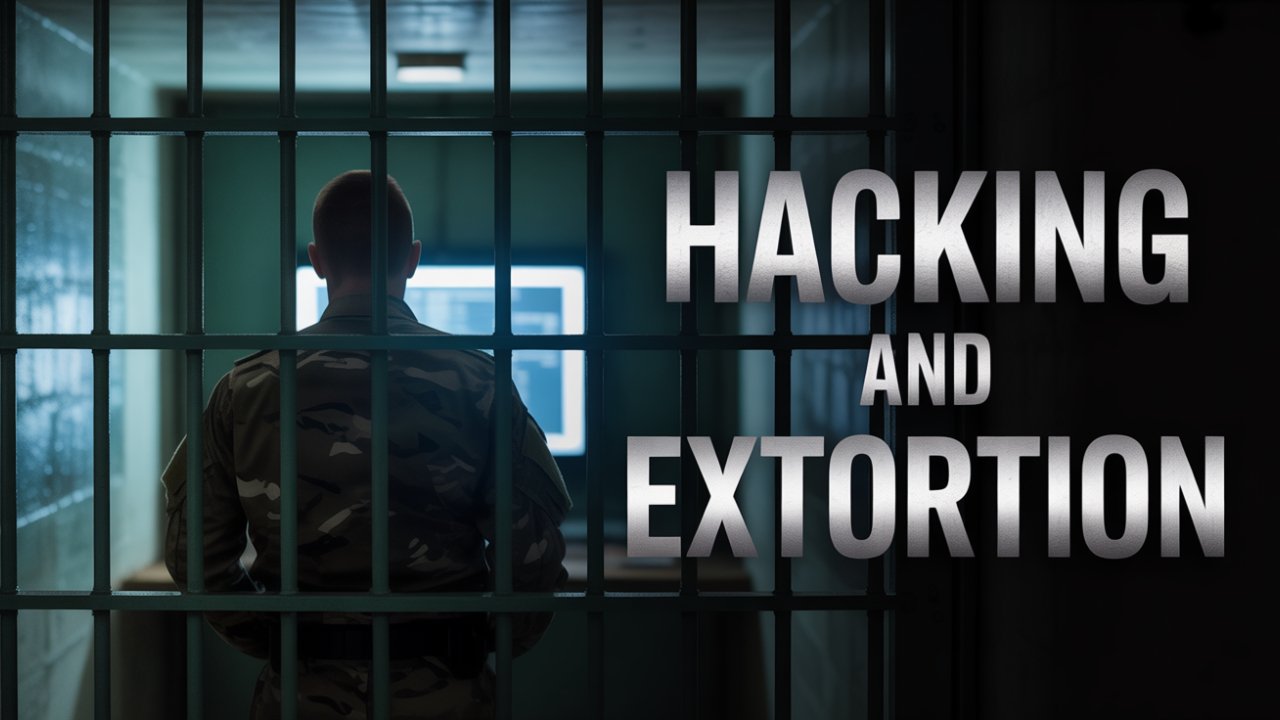1. Ex-Soldier Becomes Cybercriminal
Cameron John Wagenius, a former U.S. Army soldier, shocked the world when he admitted to hacking multiple telecom companies. Operating under the alias “kiberphant0m”, he switched from protecting national interests to compromising them. His military background and tech knowledge made him a more dangerous hacker, capable of executing high-level cyberattacks undetected for years.
2. Stealing Credentials and Gaining Access
Wagenius used brute force attacks and phishing techniques to steal login credentials of employees at various telecom firms. Once he gained access to internal systems, he downloaded sensitive information like customer data, call logs, and account details. His attacks compromised the privacy of millions of customers and exposed loopholes in company security systems.
3. Telegram Groups and Online Forums
After stealing data, Wagenius shared and sold the information in Telegram channels and on BreachForums, a notorious hacking forum. These underground networks allowed him to connect with other cybercriminals and plan more attacks. He also used these platforms to publicize his threats, adding pressure on companies to meet his ransom demands.
4. Extortion Through Blackmail
Once inside the networks, Wagenius would contact the companies privately or post on public forums, threatening to release stolen data unless they paid him. This form of cyber-extortion is a growing trend where hackers don’t just steal—they also manipulate and blackmail to extract money or power from organizations.
5. AT&T and Verizon Among Victims
Two of the most prominent victims of his attacks were AT&T and Verizon, where Wagenius successfully stole massive amounts of internal call records. The stolen data not only posed a threat to company reputation but also risked the safety of personal and even sensitive governmental communications stored on those networks.
6. SIM Swapping: Individuals Also Targeted
Wagenius wasn’t just after big corporations. He used stolen credentials to perform SIM swapping, a technique where a hacker takes over someone’s mobile number to access their bank accounts, email, and other secure platforms. Many individuals lost money and digital identity control due to these fraudulent activities.
7. Snowflake Cloud Hack Connection
The hacker is also linked to a massive data breach at Snowflake, a leading cloud computing company used globally. Data from hundreds of businesses stored on Snowflake’s servers may have been compromised, showing the global ripple effect of one hacker’s actions and how cloud security remains a major concern.
8. DOJ Involvement and Legal Consequences
The U.S. Department of Justice confirmed Wagenius’s guilt and announced that his sentencing is scheduled for October 6, 2025. He could face up to 20 years in federal prison, which highlights the severity of his crimes and the message that cybercrime, even by former military personnel, won’t be tolerated.
9. Lessons for Companies and Cloud Services
This incident has exposed gaps in corporate cybersecurity. Companies must implement stronger authentication methods, regular audits, and advanced firewalls. Cloud providers must upgrade their encryption and data protection mechanisms to prevent insider and outsider breaches. Cyber resilience is no longer optional—it’s a necessity.
10. Protecting Yourself from SIM and Data Theft
Common users can also fall victim to cyberattacks like SIM swapping or phishing. Always use Two-Factor Authentication (2FA), never reuse passwords, and be cautious of unexpected OTP requests or emails. If your phone suddenly loses signal, contact your mobile provider—it might mean your number has been hijacked.
Conclusion: A Fall from Duty to Destruction
Cameron Wagenius’s journey from a uniformed protector to a cybercriminal serves as a reminder: power without ethics can lead to destruction. While technology can empower, it can also be misused with devastating consequences. This case is not just about lawbreaking—it’s about broken trust. As individuals, companies, and governments, we must stay vigilant, invest in cybersecurity, and promote responsible use of technology to protect the digital world we all rely on.






